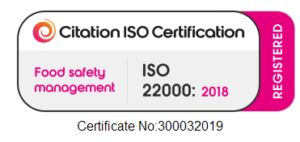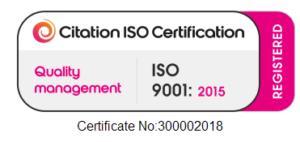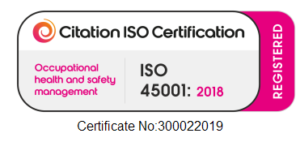The introduction of post-Brexit border checks for plant and animal products from the EU has created significant disruptions for UK food wholesalers, produce sellers, and plant growers. These new regulations have led to increased costs, delays, and paperwork, affecting not only businesses but also consumer choice and food security.
The Challenges of Post-Brexit Border Checks
Since the UK formally exited the EU, businesses importing fresh produce, dairy, meat, and other perishable goods have faced extensive new checks. The Fresh Produce Consortium and the Horticultural Trades Association report that these border measures have:
- Increased processing times for imported goods, leading to delays and food spoilage.
- Raised costs due to additional paperwork and required inspections.
- Created supply chain inefficiencies, making it harder for businesses to maintain stock levels and variety.
- Added pressure on small and medium-sized enterprises (SMEs) that struggle to absorb these rising costs.
The Impact on the Wholesale Food Industry
Holland Bazaar and other UK wholesalers rely on a steady and efficient flow of imported goods to supply restaurants, hotels, and catering businesses. With prolonged delays at border checkpoints, many suppliers are facing challenges in maintaining fresh stock, which directly affects their ability to meet customer demands. The added costs of compliance have also contributed to price increases, making some imported products less competitive in the UK market.
Additionally, these complications have strained trade relationships between UK businesses and their European suppliers. Many EU-based companies have reported difficulties in exporting to the UK, with some even reconsidering their trade partnerships due to the added complexity and financial burden.
Calls for Reform
Industry groups are urging the UK government to take action to mitigate these challenges. Among their key demands are:
- Negotiating a plant health agreement with the EU to streamline the import process and reduce delays.
- Reviewing and reducing certain charges associated with inspections and documentation to lower business costs.
- Enhancing digital solutions to improve the efficiency of customs processes and minimise paperwork.
- Providing targeted support for SMEs that are disproportionately affected by these new requirements.
Looking Ahead
The UK’s wholesale food industry is at a crossroads, facing both regulatory challenges and opportunities for adaptation. Businesses must navigate this evolving landscape by improving supply chain resilience, diversifying sourcing strategies, and advocating for policy changes that support smoother trade operations.
At Holland Bazaar, we remain committed to ensuring that our customers receive the highest quality products despite these challenges. By working closely with suppliers and staying informed on policy updates, we continue to provide reliable and competitive wholesale solutions to businesses across the UK.
Stay tuned for more industry insights and updates from Holland Bazaar.




